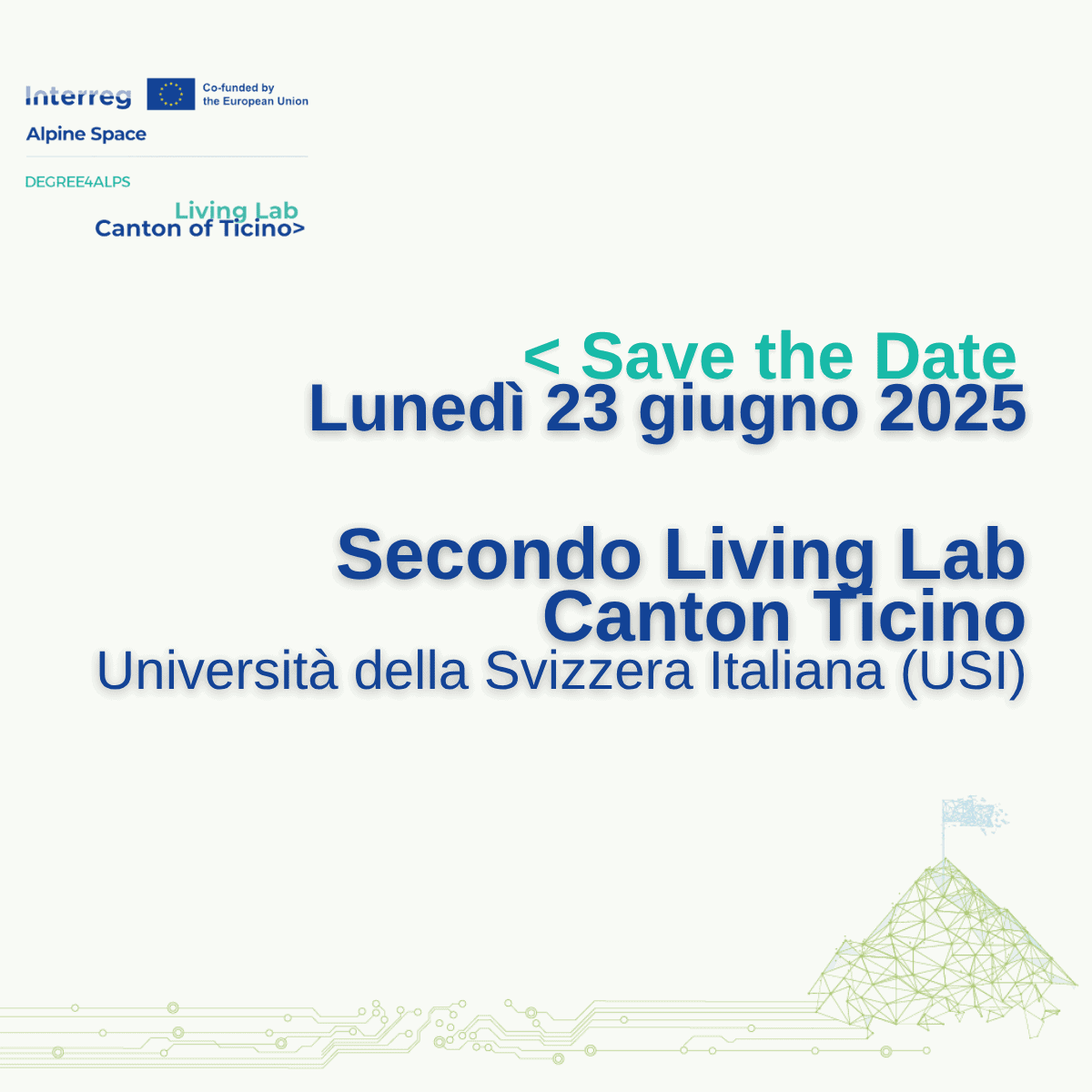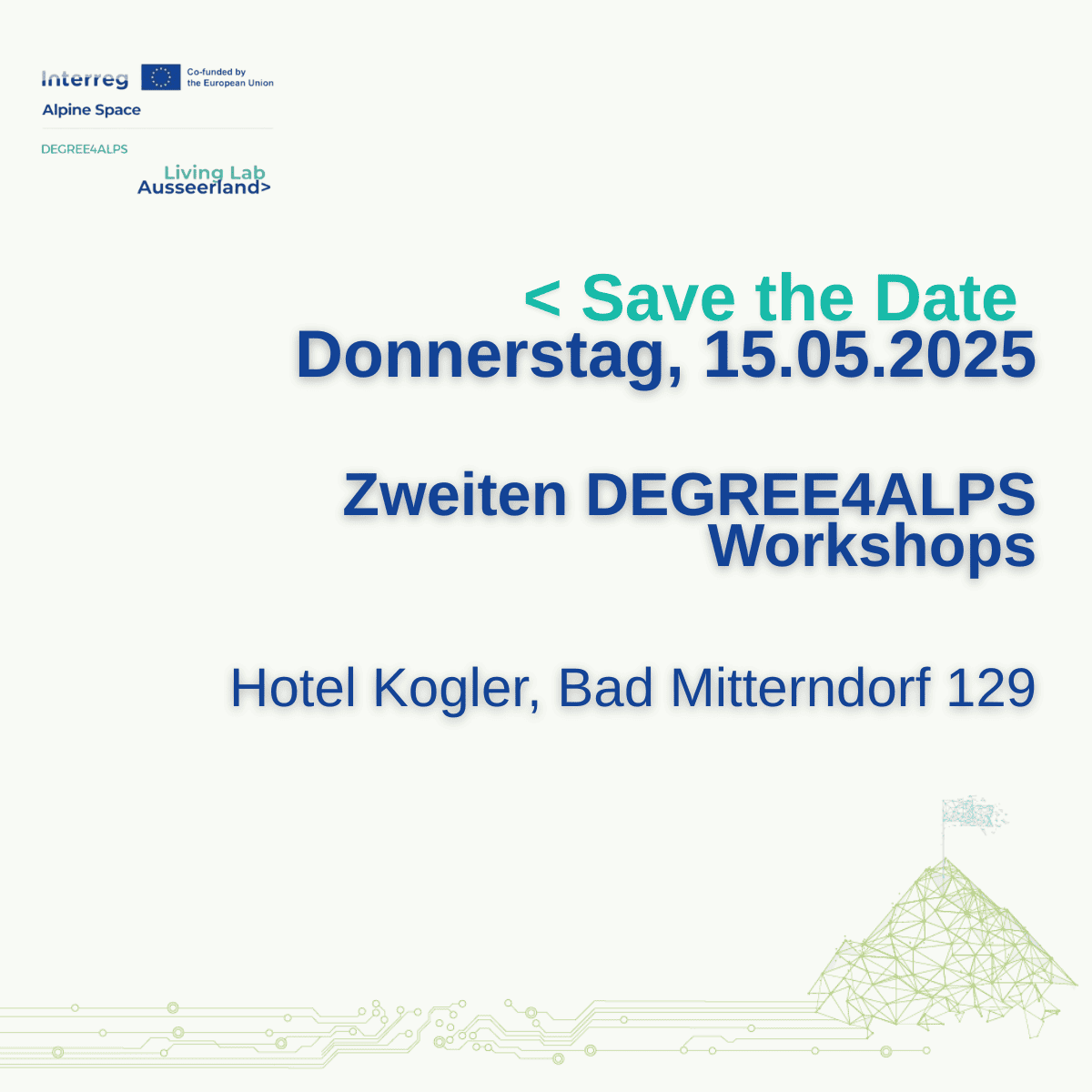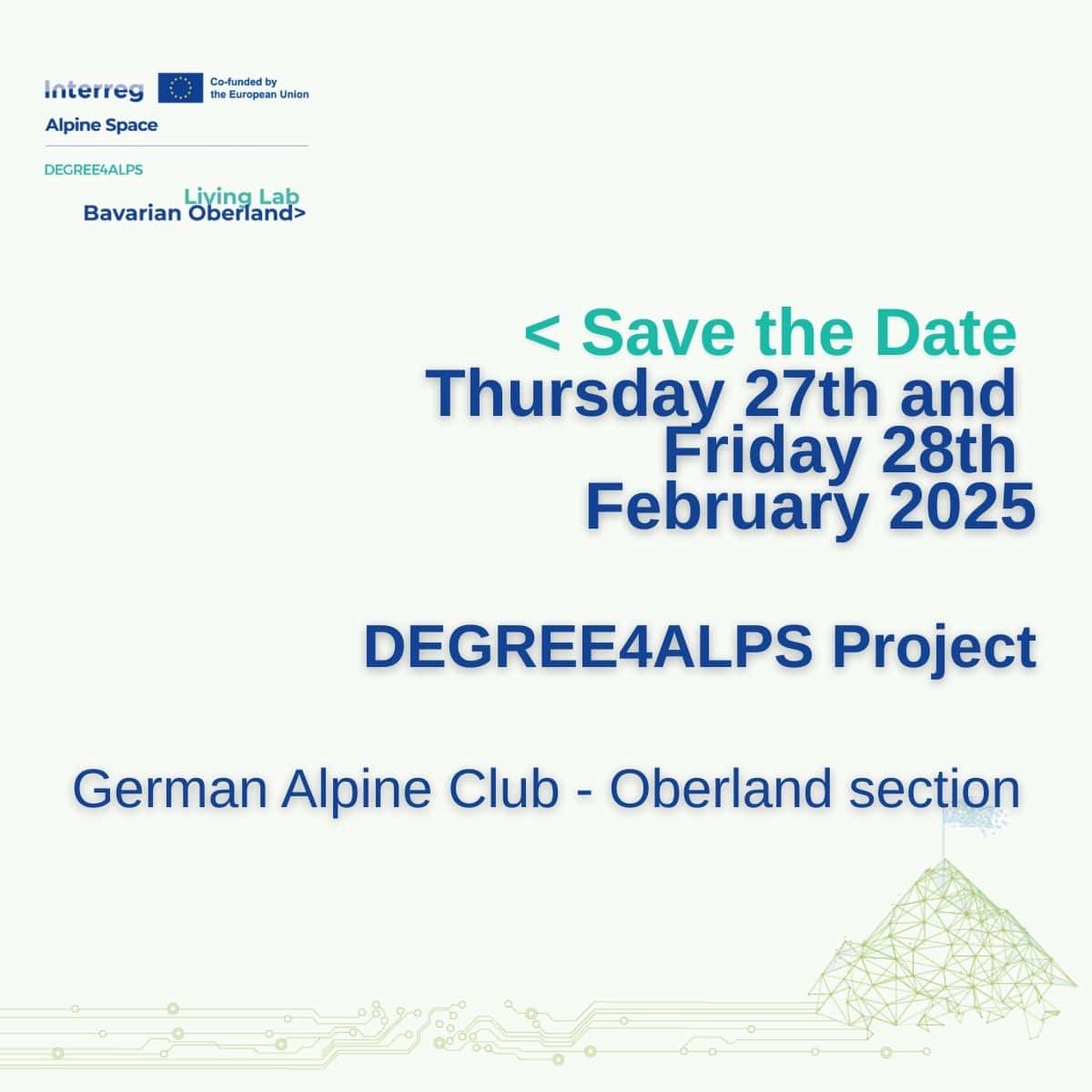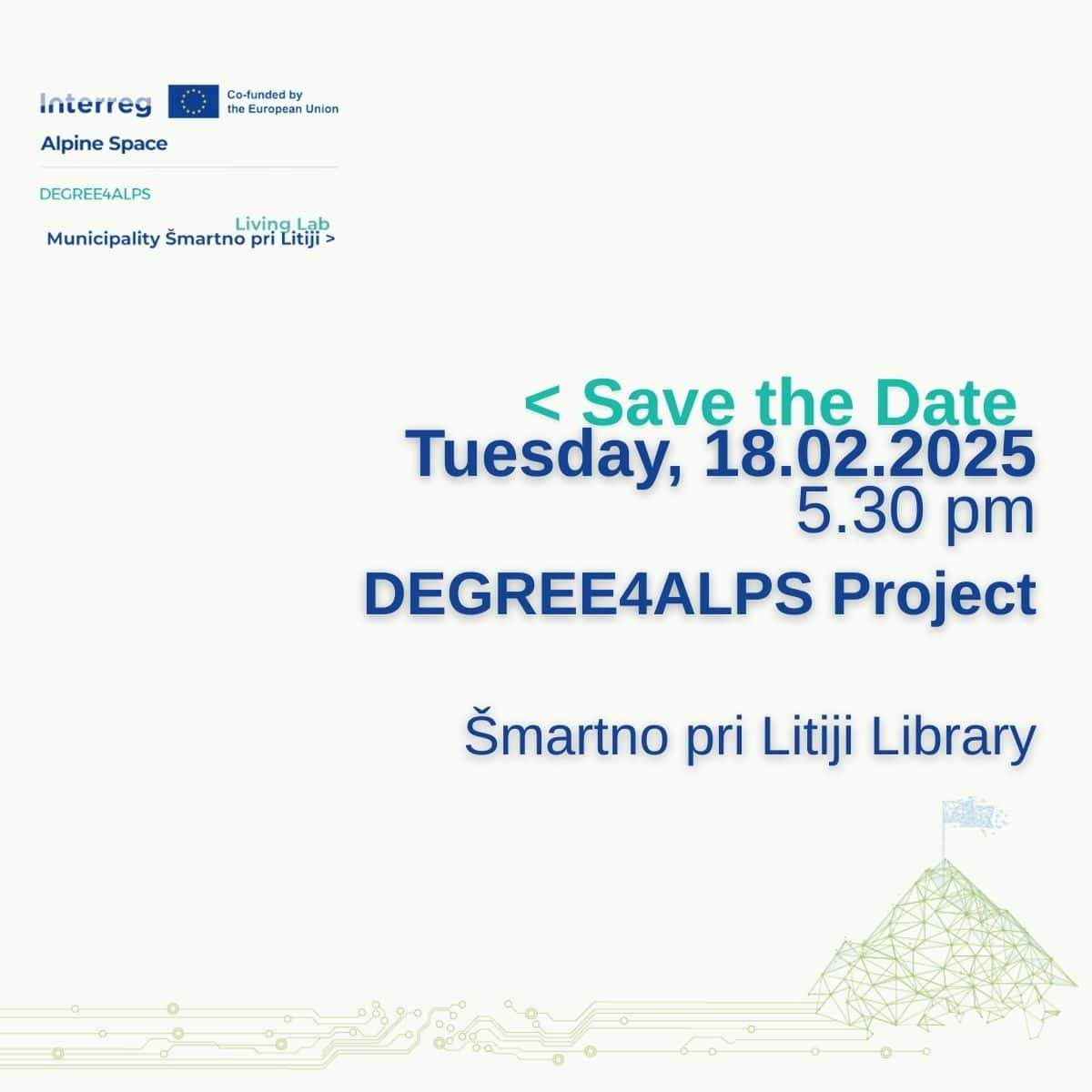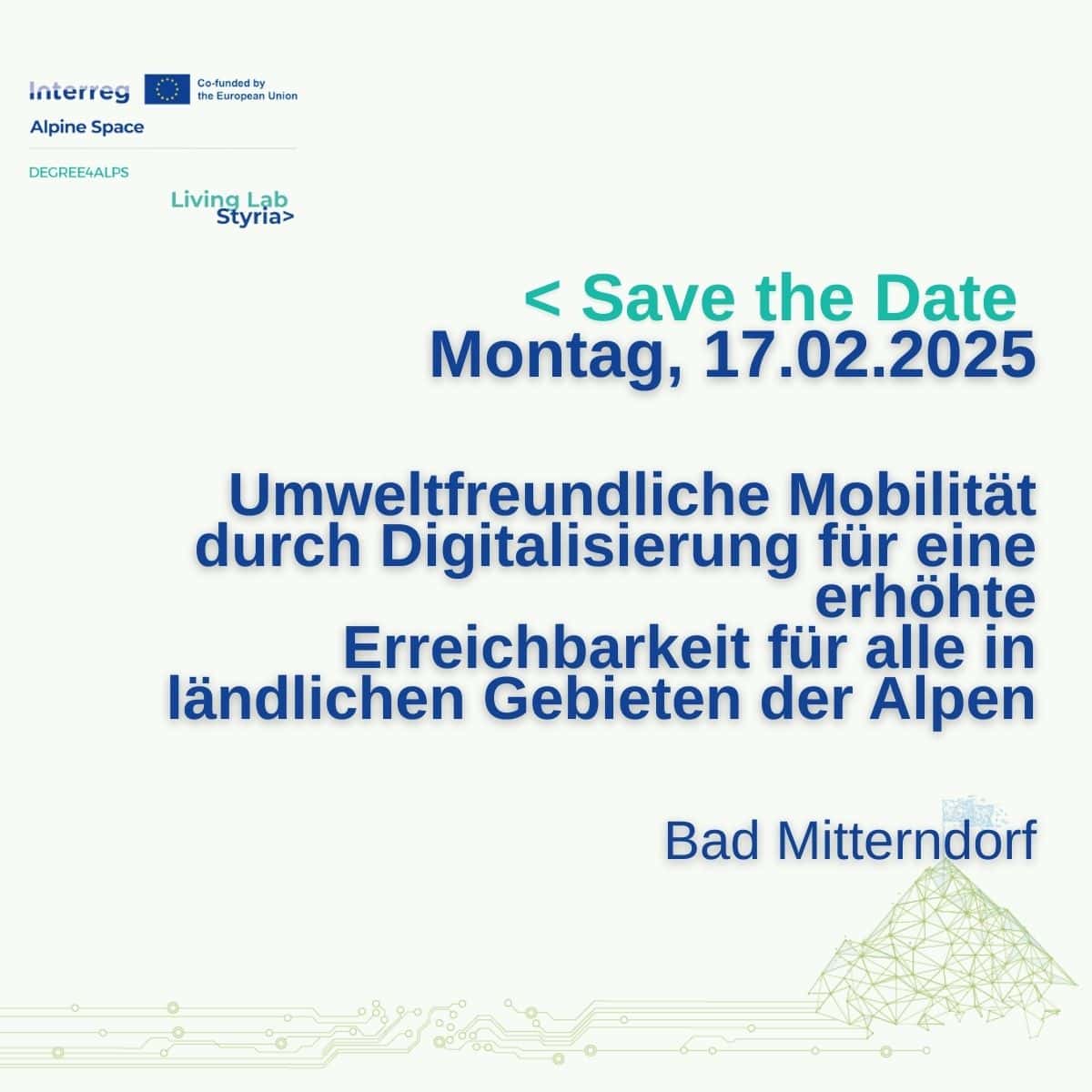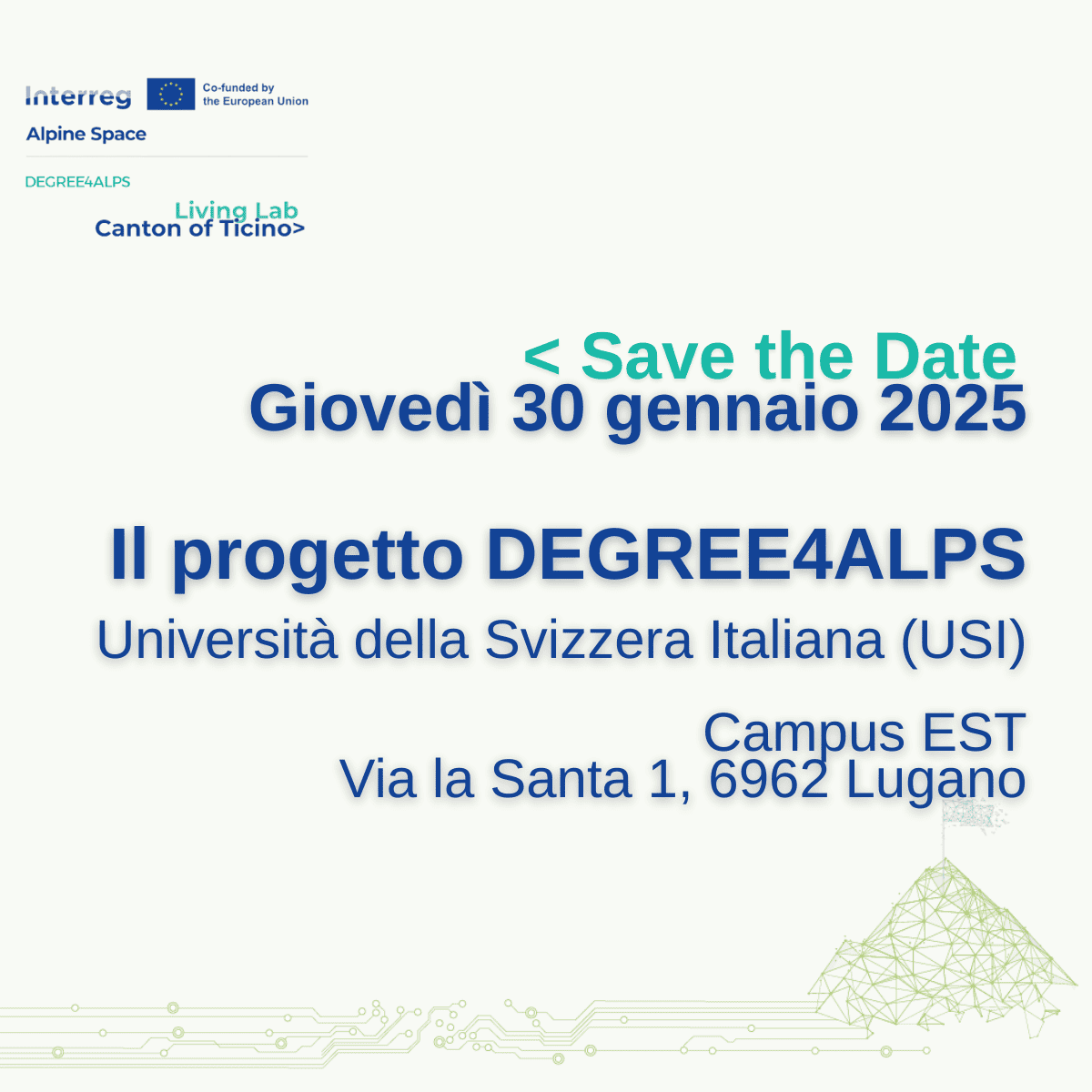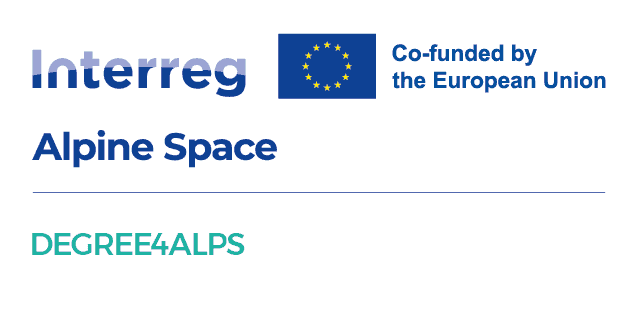
Overview
Scattered settlements and low population density make public transport services in Alpine peripheral and rural areas less viable and less attractive, leading to limited accessibility, especially for vulnerable groups. In urban areas, a lack of flexible mobility options often worsens social exclusion. DEGREE4ALPS aims to improve accessibility for local communities by integrating traditional, flexible, and shared mobility options, both formal and informal, through digital tools and social innovation approaches. By involving societal groups in co-designing services and leveraging technological solutions, the project seeks to enhance resilience and connectivity in the Alps.
Factsheet
- 2021 – 2027
- Innovation and digitalisation supporting a green Alpine region
- SO 3.2 - Reaping the benefits of digitisation for citizens, companies, research organisations and public authorities
-
- 2.133.935 EUR
- 1.582.631 EUR
Partners
- 48.566399613.449608233070988
- 48.135382111.5809883
- 45.43542059.1723535
- 46.128437212.1883908
- 46.5625368515.649759886404695
- 46.559585115.6442496
- 46.0113620000000058.956991856266292
- 46.01176398.951855
- 46.044270114.84167208794412
- 47.072502815.4531048
































Outcomes
-
Pilot 1: Improving accessibility for all citizens
Testing of co-designed pilot elements, through tailored use cases combining: a) services: scheduled, demand responsive (DRT), carpooling, sharing, personal mobility; b) purposes: access to health, education, social services, leisure; c) scope: rural, peripheral, regional; d) digital functionalities: trip planning, booking, routing, ticketing and payment. Tests will validate consistency and replicability of pilot elements, provide recommendations for the sizing and upscaling. (D2.1.3) -
Pilot 2: Enhancing green mobility operations through digitalisation
Testing co-designed pilot elements, building tailored use cases combining: a) bus charging location: depot, stops, termini; b) type of charging: overnight, opportunity; c) purpose: monitoring, assessment, optimization; d) energy source: grid, on site, community. Tests will validate consistency and replicability of pilot elements, provide recommendations for the sizing and upscaling. (D2.2.3) -
Flexible and shared mobility model increasing accessibility and inclusiveness for all
A jointly developed and validated mobility concept for inclusive communities, consolidating in one common solution: - Integrated vehicle sharing system for vulnerable groups - Demand Responsive Transit for local communities and vulnerable groups - Vehicle pooling for remote valleys, including intermodal options - Intermodal digitalised cross-border services for accessibility of car free valleys - Tools for the assessment of digital readiness, user friendliness, and user needs in NEMT -
Energy flows digital monitoring, assessment and optimization model, enhancing energy efficiency and potential integration of renewable and distributed sources
A jointly developed and validated monitoring and assessment model, consolidating in one common solution: - Use cases enhancing green mobility operations - Energy flows digital monitoring systems for e-buses in depots - Energy flows digital monitoring systems for e-buses at destination and opportunity chargers - Tool for the analysis of potential integration of renewable distributed sources (D2.3.2) -
Action plans for the up take and upscaling of DEGREE4ALPS solutions
Based on the jointly developed digital solutions for inclusive and green mobility, action plans define and describe priority actions for their up take at local/regional level, competencies, responsibilities and timelines for the implementation within existing mobility and welfare strategies, to make the digital concept scalable and tailored on the needs of the territory. Action plans will be adopted at territorial level by the competent bodies. (D3.1.3) -
DEGREE4ALPS guidelines on digitalization and social innovation trends in mobility
The guidelines on digitalization and social innovation trends in mobility will build on the findings of the co-design of solutions process, and will be elaborated with the active participation of the project quadruple helix community composed by policymakers, industry, academia and civil society representatives. (D3.2.3) -
E-courses for public administrations, planners and mobility operators, based on joint solutions for digital mobility, action plans and guidelines on digitalisation and social innovation
Two e-courses (improving accessibility for all citizens, and enhancing green mobility operations through digitalisation) will be organized by academic partners Uni Passau and Uni Maribor (supported by USI and Redmint), based on the pilots and solutions jointly developed in WP2, the six action plans and the guidelines on digitalization and social innovation trends in mobility. (D3.3.1)
Pilots
-
Pilot Area 1: Province of Belluno
Download

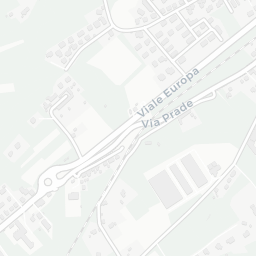









🏆 Our challenge? Increasing accessibility for low demand territories, with special attention to the needs of ageing population and citizens with disabilities
🎯 Develop replicable approaches and solutions to improve accessibility for vulnerable users and for low demand areas in the Province of Belluno
🎯 Gain experience on energy efficiency in public transport and on the potential of integration of renewable energy solutions
How?
📲 Developing of Demand-Resposive Transport (DRT) solution for remote areas and local communities
🌍 Testing of digital trip planner for vulnerable citizens
🚎 Analyzing of energy flows for e-bus operations and charging in depots
⚡Developing of a feasibility study on the integration of e-mobility in renewable energy communities (RECs)
-
Pilot Area 2: Bavarian Oberland
Download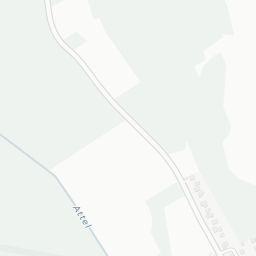





🏆 Our challenges?
📏 lastmile : getting from train stations to points of interest in the valleys
🚍 Irregularly or no bus connections, inconsistent tarifs (cross border), not able to take equipment (skies, bikes)
📊 Public transport capacity limits during weekend peaks (day excursions)
Our goals?
🎯Identifying similar challenges in other regions
🎯Gaining insights on other regions mobility pilots, considering adaptation possibilities
🎯Networking for future projects
How?
🔍 Establish a Living Lab
📱 Digitalize sustainable mobility options for tourists in the Alps
🌱 Testing digital information systems and booking systems for sustainble mobility solutions, online and live surveys
🤝 Adopt an action plan for inclusive and green mobility
-
Pilot Area 3: Municipality of Maribor
Download




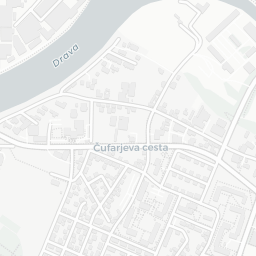
🏆 Our main challenges?
🚶 accessibility: too many people can't reach primary care services, such as healthcare services
💰 affordability: the cost of the services should be proportional to the average salary of the people.
Our goals?
🎯 Learn, discover options, exchange ideas
🎯 Digitalize the existing DRT with a focus on vulnerable groups and peripheral areas
🎯 adopt an action plan for inclusive and green mobility
🎯contribute to the uptake and upscale of project results
-
Pilot Area 4: Canton of Ticino
Download





🏆 Our main challenge?
🚘 Reducing dependence on private cars for door-to-door trips by promoting carpooling and on demand shuttle services.
Our goals?
🎯 Develop and implement innovative mobility strategies, promoting carpooling and public transport
🎯 Create synergies among various stakeholders and foster the exchange of knowledge and best practices on sustainable mobility
🎯 Leverage available technologies to propose more efficient mobility systems
🎯 Reduce the environmental footprint of transport in Alpine regions while improving citizens' quality of life
🎯 Contribute to long-term mobility planning for the Alps, supporting the creation of policies and strategies that will ensure sustainable, efficient, and inclusive mobility in the future
-
Pilot Area 5: Municipality Šmartno pri Litiji
Download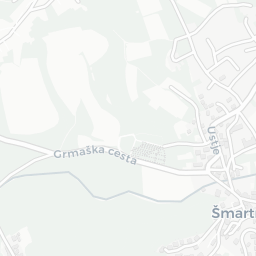





🏆 Our main challenges?
🌱 Sustainable accessibility
📱 Digitalization of mobility
⚡ Decarbonization of mobility
👥 Social Inclusion through mobility
Our goals?
🎯 Establish energy- efficient and connected mobility service accessible to all residents and tourists
🎯 Demand-responsive mobility system that adapts to local needs
🎯 Automated order system for improved efficiency and user experience
🎯 Test and implement mobility services to ensure scalable Local Needs
🎯 Knowledge transfer to other municipalities at the national level
🎯Overcome challenges encountered during the pilot and share best practices
-
Pilot Area 6: Styria





Downloads
-
The DEGREE4ALPS project addresses poor connectivity and limited mobility options in rural and peripheral areas. Its goal is to enhance accessibility by integrating public transport networks with innovative digital solutions. The project promotes collaboration to develop scalable, inclusive, and adaptable digital services that complement regional mobility systems. Through six pilot areas, it analyzes mobility contexts, existing services, and operational models to identify gaps. These insights guide local Living Labs in designing Demand Responsive Transport (DRT) scenarios. Findings will be shared widely to foster social inclusion and territorial cohesion through smarter, connected transport solutions.Download
Project calendar
